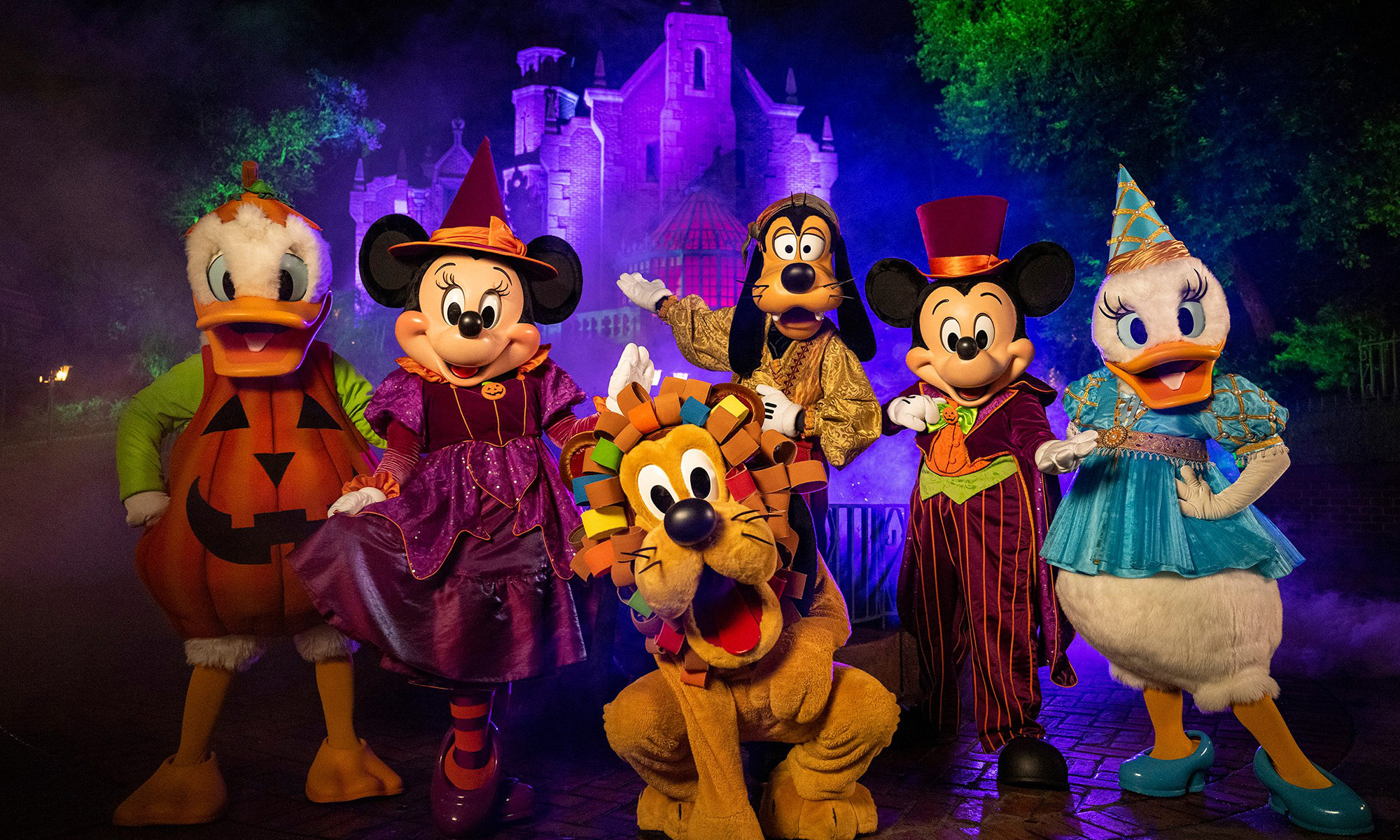Walt Disney (DIS +1.11%) is already a media giant, and it's about to get even bigger. The path is clear for it to acquire 21st Century Fox (FOXA +0.00%) after receiving regulatory approval, and after Comcast (CMCSA +1.36%) waived the white flag on bidding. Disney may delay the close of the deal in order to find buyers for Fox's 22 regional sports networks it's required to divest per regulatory approval, but investors won't be waiting too long.
Disney combined with Fox is certainly a force to be reckoned with, and investors are likely wondering whether it's worth buying shares of the company. Let's take a closer look at what the new Disney might look like, and whether its stock is a buy.

Image source: Walt Disney.
Box office dominance
Disney hasn't had much trouble winning at the box office in recent years with a string of comic-book adaptations, sequels, and live-action remakes that have consistently put up big box-office numbers. But Fox has some popular intellectual property in its portfolio as well, and it has seen success with its own Marvel films (X-Men universe) as well as more original films through its Fox Searchlight studios.
Disney and Fox have combined to take four out of the five top-grossing box-office films this year. Any other studio would be happy to have just one in the top five.
Disney is also quite adept at parlaying box-office hits into additional revenue through new theme park attractions, merchandising, and licensing. Adding Fox's portfolio into the mix gives it a whole new set of characters and films to build new products around.
Leverage in a declining industry
Disney and Fox own some of the most valuable cable networks in television. While Disney won't be acquiring Fox News or keeping the regional sports networks, the addition of FX and National Geographic will give Disney additional bargaining power when negotiating carriage fees with distributors.
That's particularly important in the television industry, where pay-TV providers continue to lose subscribers. Disney has been able to largely offset subscriber losses through annual rate increases. The company may be able to accelerate those rate increases by bringing more to the table.
What's more, the Fox acquisition gives Disney a controlling stake in Hulu, which offers Disney a way to bypass traditional distributors if it finds it necessary. Disney recently launched ESPN+ and plans to launch a Disney-branded streaming service next year, after existing content licensing deals expire. Both strategies offer ways for Disney to reach customers outside of the cable bundle, the latter strengthened by the Fox deal.
Disney's over-the-top capabilities could be another compelling reason for distributors to sign favorable terms with Disney. Otherwise, they could risk losing subscribers to Disney's OTT services.
Is it a buy?
There's a lot to like about Disney, with its soon-to-be-acquired Fox assets. It has a very strong moat, which ought to enable it to produce strong profits for years to come despite operating in the declining television industry.
However, if the stock is too expensive, investors will have a tough time realizing a good return. Here's how Disney stacks up against some of the competition.
|
Metric/Company |
Disney |
CBS |
Comcast |
|---|---|---|---|
|
Price-to-earnings ratio |
14.7 |
20.2 |
6.8 |
|
Price to free cash flow ratio |
15.9 |
32.8 |
15.8 |
|
Price-to-sales ratio |
3.0 |
1.6 |
1.8 |
Data source: YCharts.
Disney is priced below its closest comparable peer, CBS (CBS +0.00%), on both a P/E and P/FCF basis. CBS is positioned similarly to Disney, with strong negotiating power against distributors and a burgeoning streaming business.
Disney is significantly more expensive than Comcast on a P/E basis. But Disney is only participating on one side of the television industry, while Comcast participates in both production and distribution, the latter of which it's struggling to maintain. And considering Disney has considerably better intellectual property than Comcast for films and theme parks, it certainly deserves a premium. Looking at free cash flow indicates that both are on equal footing.
Looking at how the market values Disney's sales makes the company seem very expensive, but the strength of its moat enables Disney to produce profit margins exceeding those of its competition. In fact, Disney's price-to-sales ratio is below its 5-year average.
Overall, Disney appears fairly valued. With the addition of most of Fox's assets in the near future, Disney's competitive advantage in film, television, and theme parks becomes even stronger while providing it greater insulation against the declining pay-TV industry. That makes it a buy for investors interested in the media industry.







